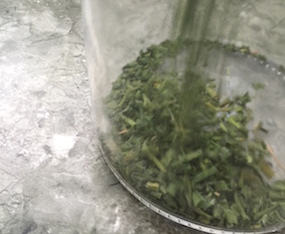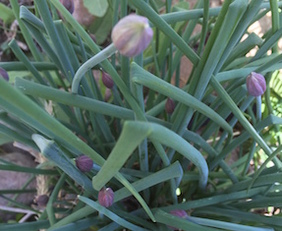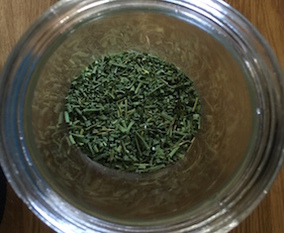Northline Farms
What do I do With Chives? A wonderfully useful perennial plant that comes up first thing in the spring is chives (also known as leek rush). It is probably the first thing that we are able to harvest and it keeps providing for us all year long. Chives are mild enough that they can be added to many different dishes without upsetting the balance, and imparting a mild onion flavour.
Chives have been used for over 5000 years. They are part of the allium (onion) family and they are the only known member of this family to be found in both the new and old worlds. Marco Polo was credited in bringing chives from Asia to Europe. The gypsies of ancient times used chives in fortune telling. It was believed that you should hang bunches of dried chives around your house to ward off disease. Chives have been proven to be a nutrient dense food. They can help reduce salt intake by adding flavour and nutrition to your recipes.
|
|
|
Come See Us |


